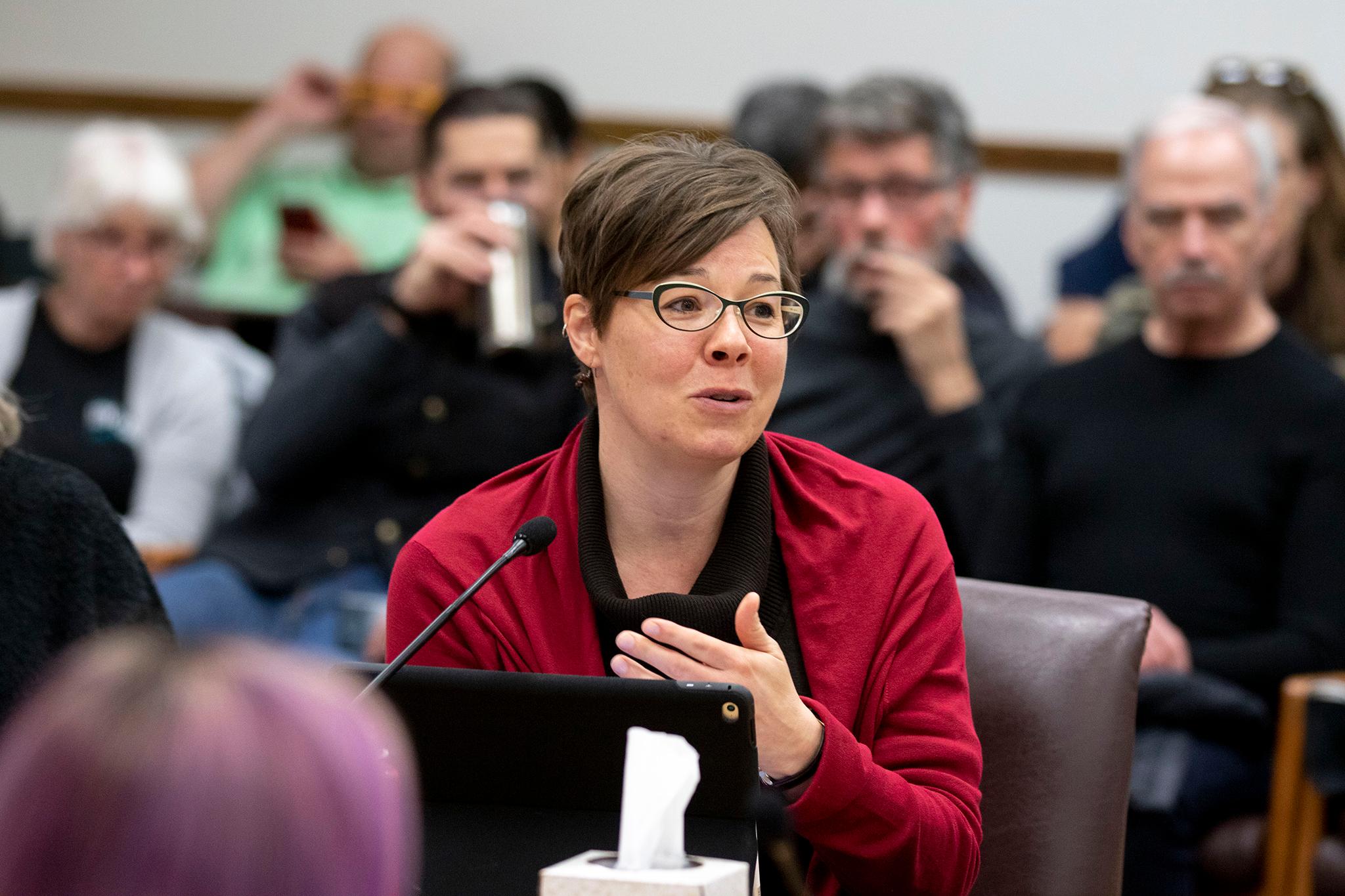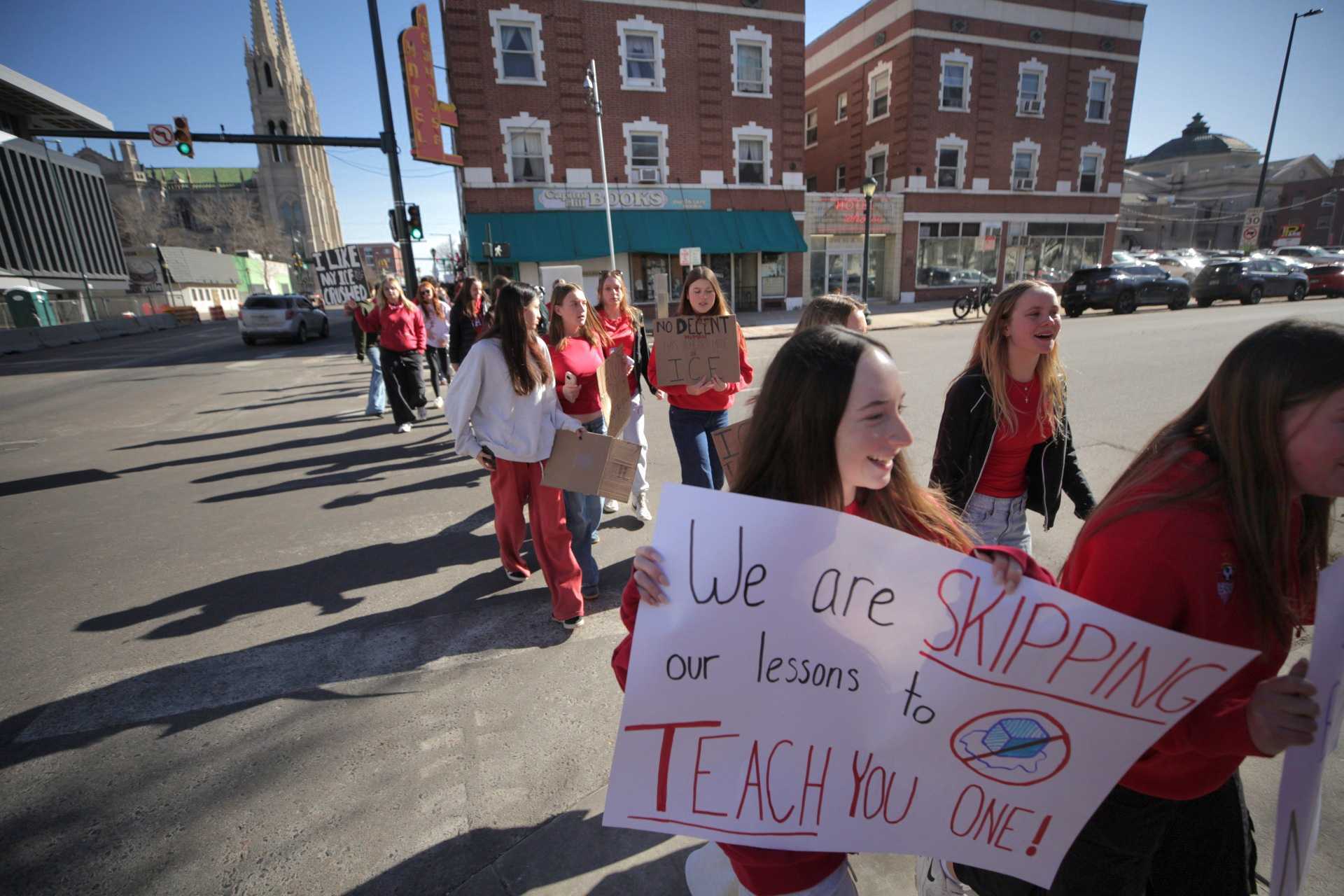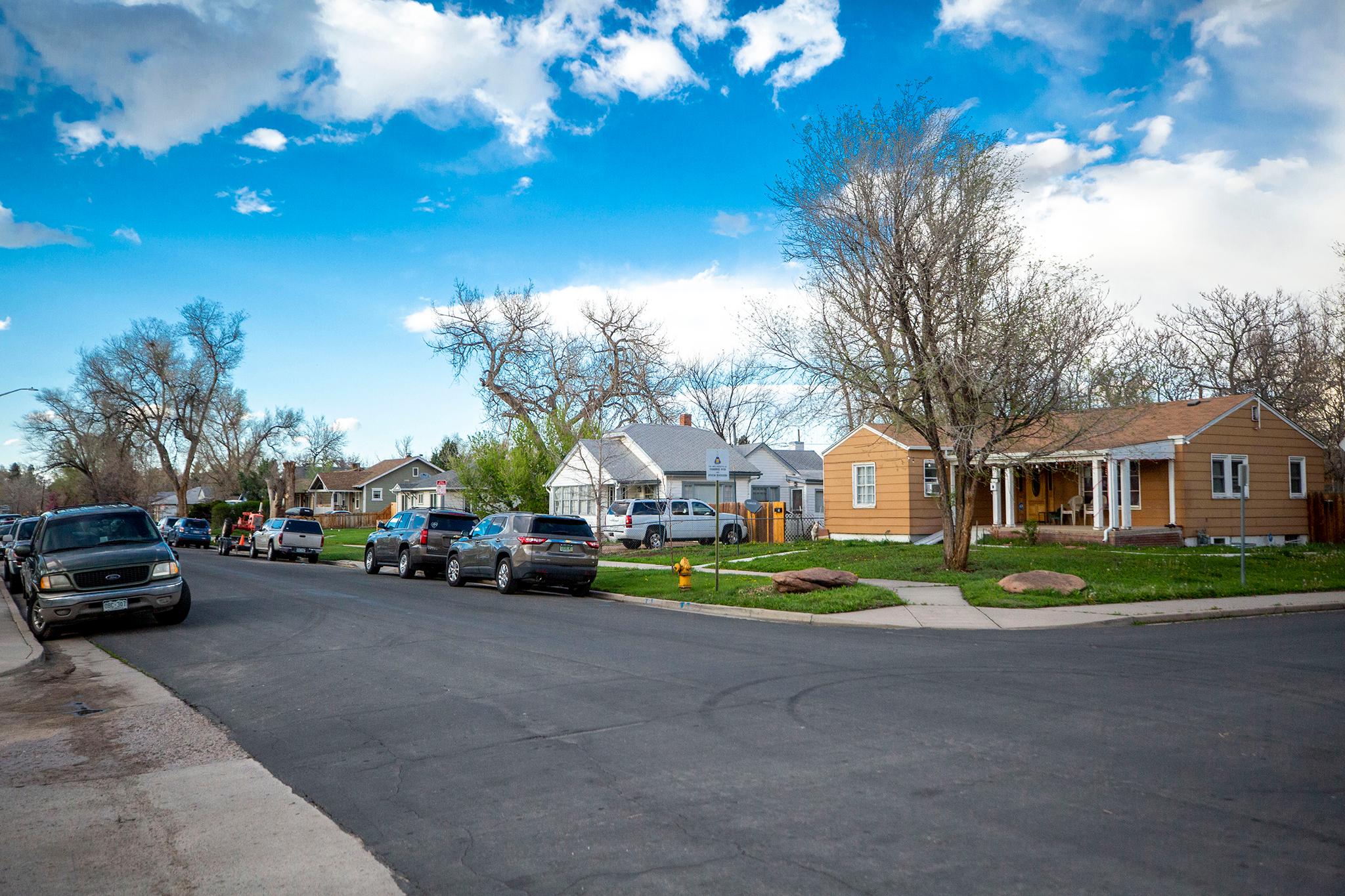If voters allow it, the Denver City Council will gain a little power over the city's purse come November.
The year is a little over halfway over and 2020 has already given Denverites a public health emergency and a movement against racist policing. Covid-19 testing kits, emergency shelters, overtime pay for police officers responding to protests -- and the weapons they used on protesters -- all cost money.
Denver's mayor has the sole authority to initiate spending changes mid-year. Also: The mayor and (to a far lesser extent) the Denver City Council decide how to spend our money six months before each year begins. As City Councilwoman Robin Kniech told Denverite last year, "Problems do not always run on a budget cycle."
So Kniech sponsored an initiative that would give her and her fellow legislators the power to initiate spending adjustments mid-year in the event of a future public emergency or a windfall from, say, an opioid settlement.
On Monday, the council referred the measure to taxpayers by a vote of 12 to 0 with Councilwoman Debbie Ortega absent. Denverites will see the question on their November 3 ballot.
Mayor Michael Hancock does not support the ballot measure, spokesman Mike Strott said via email. Strott said that the recent "unexpected and unprecedented economic volatility" demonstrates that mid-year budget changes are "irresponsible." While Kniech floated the bill to add nimbleness, Brendan Hanlon, the city's chief financial officer, thinks it will hinder the city's ability to respond to economic challenges.
"Brendan Hanlon articulated concerns about the proposal, which include: undermining our conservative budget practices, compromising the city's bond rating, inhibiting accurate forecasting ability and leaving the city vulnerable to revenue volatility," Strott stated. "There is also a history of successful collaboration with council on mid-year budget items, as they arise."













